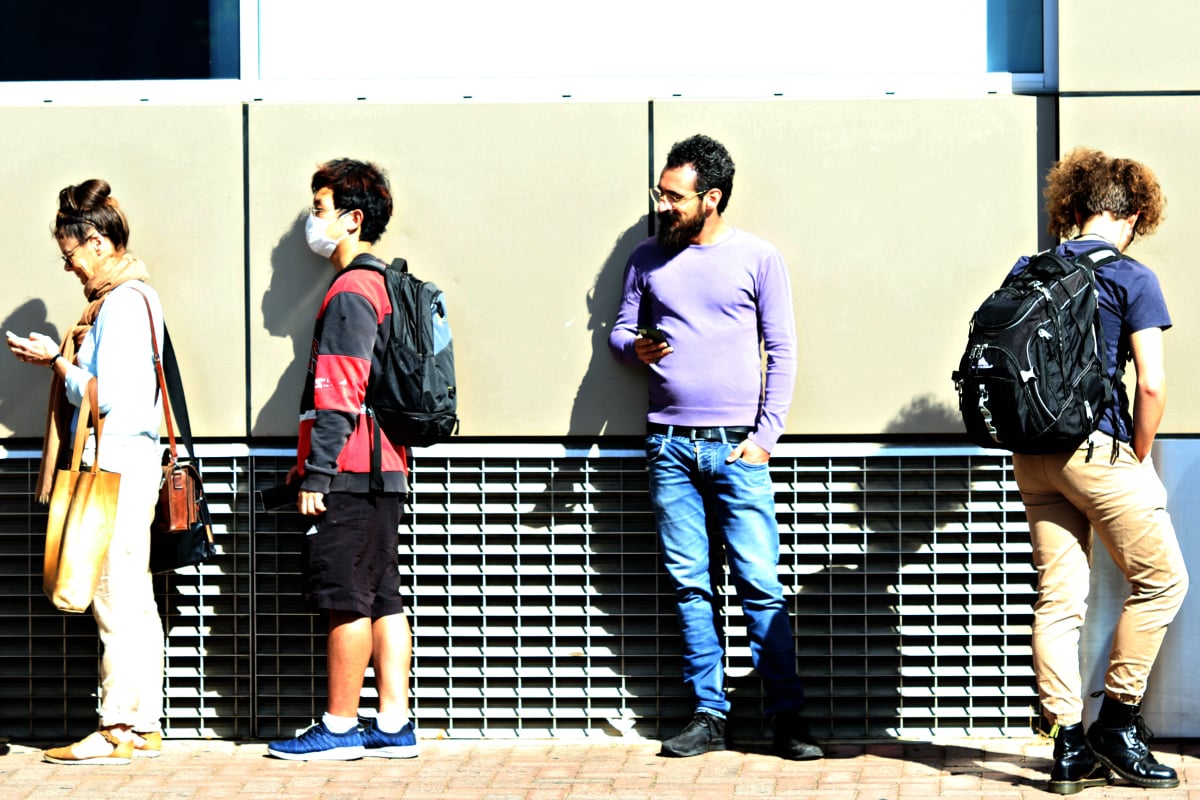
Right now, older Australians are shouldering the largest burden of COVID-19. They are among those most vulnerable to the ravages of this disease.
But this virus has managed to inflict suffering in other ways, too.
The Government has predicted that 1.4 million Australians could be out of work by the middle of the year; an all-time high for this country. And it says that it could have been far worse, were it not for the $130 billion JobKeeper wage subsidy program.


Top Comments
I'm always intrigued with the trend about how everything becomes a competition about who had it worse.
The funniest part of this article is the title itself. Because of Millennials we aren’t being kept safe!! Because staying home for a couple of months will ruin their lives apparently...
The vast majority of Millenials are at home. I suspect you might be referring to young people on the beaches, who were gen Z not millennial. But in any case the streets are hardly bustling now.